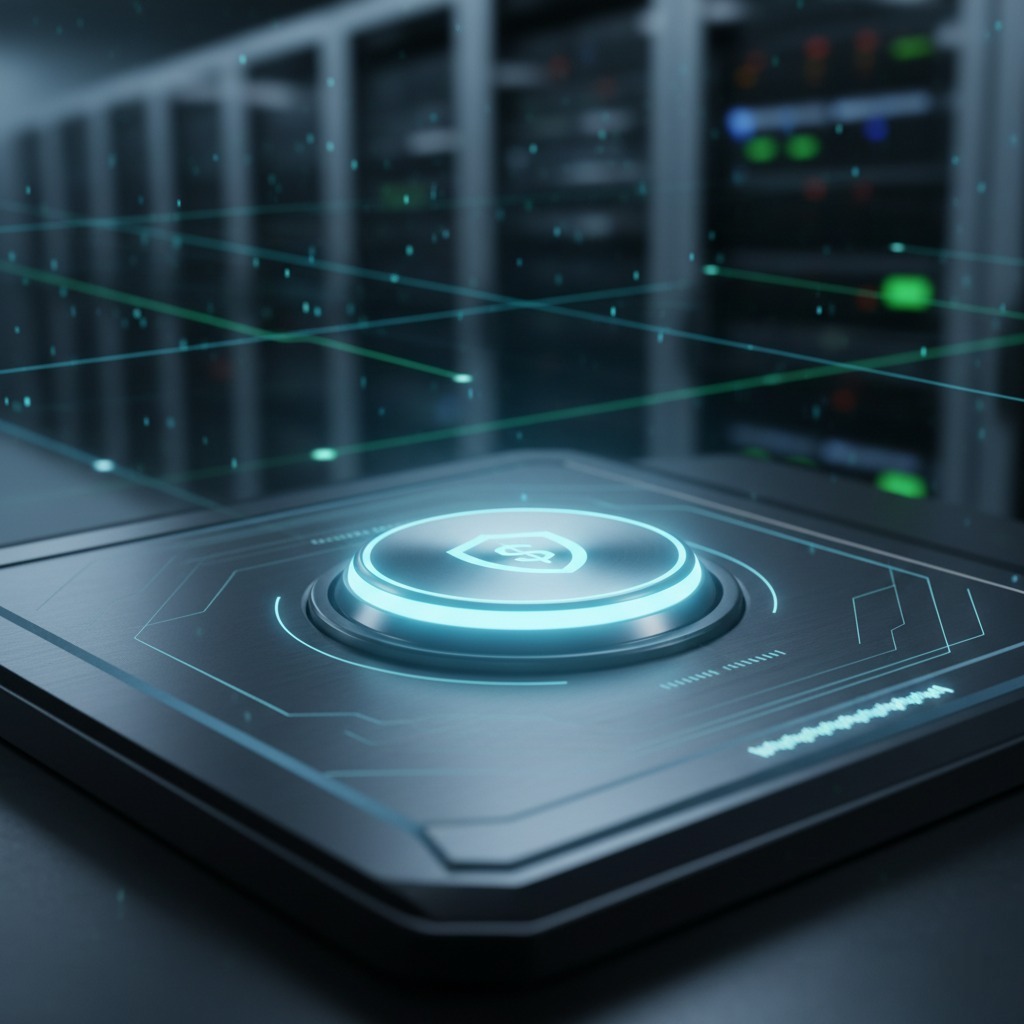
The surge in cybercrimes against businesses during the COVID-19 pandemic proved how flexible nefarious cyber players are, ready to twist and turn according to a situation to make profits out of a business’ failure. Remember that it could happen to any organization, including yours, if you do not arm your business with robust backup and regular security awareness training.
It’s alarming that phishing shot up by 67 percent since the start of the pandemic. Initially, when this turn of events stunned the world and businesses struggled to adapt to the new normal, hackers pretending to be the World Health Organization (WHO) duped people into clicking on malicious links or sharing sensitive information. Such evil tricks, if not tackled, can easily violate your business network and lead to a terrible disaster, compromising invaluable data.
For instance, in November 2020, the Internal Revenue Service (IRS) issued a warning regarding an SMS-based phishing scam through which hackers cheated citizens in the name of a ‘COVID-19 TREAS FUND’. When someone clicked on the link provided, they were redirected to a website identical to www.irs.gov and the site collected their data. This scam is just the tip of an iceberg of phishing scams that unfurled in 2020. What if one of your employees fell prey to such a scam? A careless mistake like that could result in a successful cyberattack on your business that can have severe repercussions like data loss, downtime, hefty penalties, lawsuits or even permanent closure.
The sudden appearance of COVID-19 caused a sense of panic among businesses. With the virus spreading like wildfire, the work-from-home model was the only available option to maintain a safe working environment. However, the unprecedented scale of remote work has endangered the security of several businesses, including yours. If you do not fix the gap between the preparedness and efficacy of your backup and security defenses, data loss could just be the first of many problems you could face.
Backups can be a lifesaver for your business by protecting your valuable business data from being deleted or altered by malicious cybercriminals. Although the pandemic acted as a catalyst for backup adoption, only 41 percent of businesses back up their data at least once a day. That is not a very healthy practice and you must make sure proper policy development, regular testing and continual reviews fuel your backup strategy.
Other than protecting your sensitive data, backups can help reduce severe downtime, improve your business’ reputation and act as a single access point for your entire database.
Even if you have all your backups in order, a negligent employee can still be a threat to your business data. In 2020, the San Jose Federal Court convicted an employee from a global MNC for carelessly deleting business-sensitive data. Thus, the only way to tackle the factor of human error is through regular security awareness training.
Always bear in mind that backups and security awareness training are equally important when it comes to your business successfully warding off cyberattacks that can result in downtime, data loss and more. Selecting one over the other can dilute your business’ counter-threat strategy. Undoubtedly, by meticulously implementing a robust backup and regular security awareness training, your business can deal with harsh times like the current pandemic as well as cyberthreats that exploit such difficult periods.
If there’s one lesson the pandemic has taught businesses, it’s that it’s better to be safe than sorry. The business world is at a critical juncture and your proactive approach can make or break your business’ future. While a world without cybercriminals would be great, such a utopian world unfortunately does not exist. The only way forward is through the smart implementation of the best strategies to protect your business data, processes, systems and people. And for that, you must empower your business by integrating backups and comprehensive security awareness training.
Remember, you don’t have to take the first step to a safer tomorrow alone. The right partner by your side can make your journey easier and more successful. It all begins with a simple email to us. Get in touch today!
Article curated and used by permission.
Data Sources:

.jpg)
